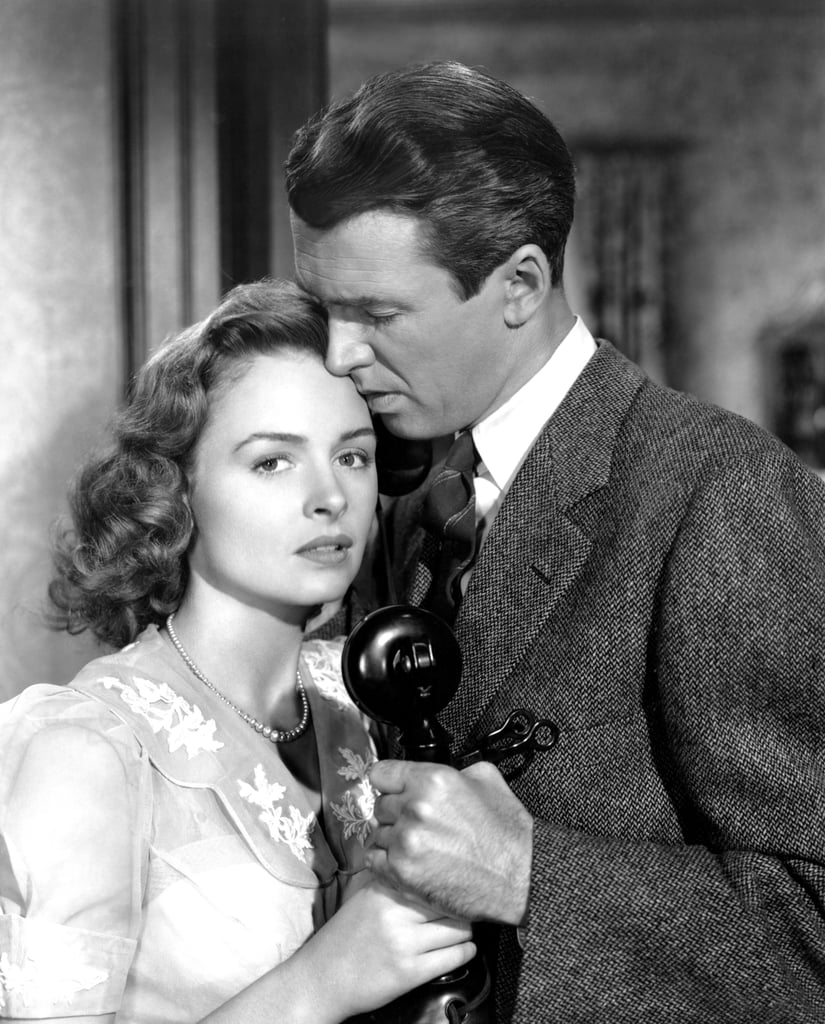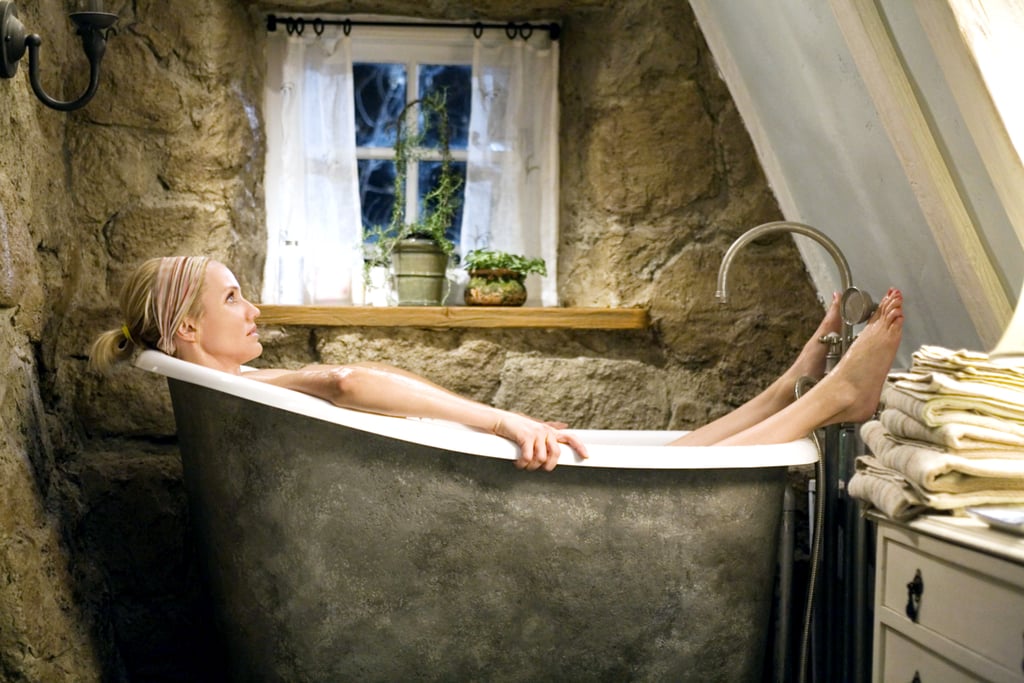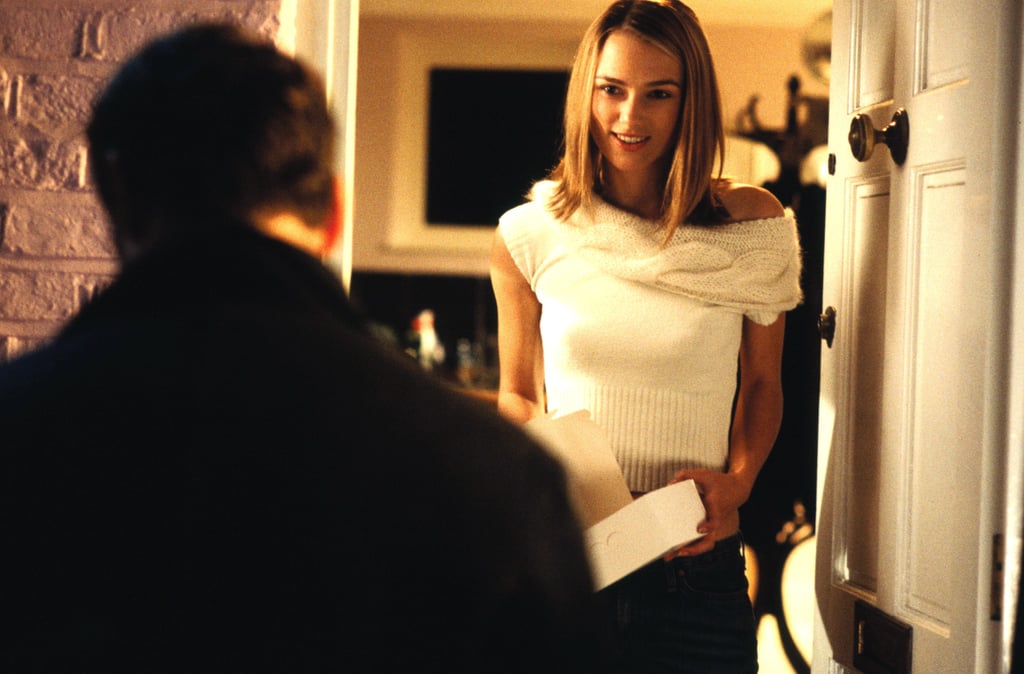What Your Favourite Christmas Movie Says About You
Watching Christmas Movies Is Good For Us, but What Does Your Fave Say About You?

The festive season has officially begun and with it brings a slew of traditions. From Christmas pyjamas to chocolate Advent calendars, 'tis the season for cosying up on the sofa and watching a movie. But rather than switch on that must-watch Netflix film that everyone is talking about, you find yourself drawn to that Christmas movie you've seen approximately 23 times before.
When you're not switching on to watch "Elf" yet again, you've stuck on a super cheesy festive flick that you know has made its way to the small screen straight from a Hallmark card. And you're not alone. So much so that there is a free 24/7 Christmas movie channel that has returned this year called GREAT Christmas. Available on Freeview, Sky, Virgin, and Freestat, it allows viewers to access the Christmas spirit at any time all through the season up until the end of January.
But what is it about festive films that we're drawn to year after year? Well, much like putting up Christmas decorations early, psychologists believe that turning on a Santa-marathon could be the ultimate form of self-care. Here, two experts confirm why we love them so much.
Christmas Movies Are Good For Us
Neuroscientist and Human Behaviour expert Eldin Hasa explains that the cosy, sometimes cheesy, essence of festive films is just the thing that makes us feel safe. "Our brains are naturally inclined to seek out and derive pleasure from familiar and predictable patterns," she tells POPSUGAR. "Christmas movies are written to a structured formula, encompassing themes of love, family, and redemption and the formulaic nature of the plot provides us with a sense of comfort and emotional contentment."
Jade Thomas MBACP, Psychotherapist and Founder of Luxe Psychology Practice adds: "Often the cheesy or unrealistic nature of Christmas films is the very reason we love them. Watching a film that is over-the-top and provides a ridiculously happy ending provides a bonding experience with those we watch it with as we share feelings of 'this is a bit much isn't it.' Our brains enjoy safety, when we feel safe, we relax and when we tune into a Christmas film, whether we've seen it before or not, we know that it will offer us a safe and happy ending."
In short, Christmas films offer us glimmers that help reduce anxiety and offer some much needed hope at a time that can also be incredibly stressful. Financial worries, family politics, and social batteries running low can mean it's not quite all the sparkles and rainbows that films make it out to be, yet this is exactly what entices us. "It goes without saying that most of us do not live the lives we see in Christmas films, but that doesn't mean that watching them doesn't bring us immense joy," Thomas says. "An unrealistic life or story can offer us the chance to experience a little bit of that festive spirit while also allowing us to escape the stresses we may have in our everyday lives. Christmas can actually be stressful, so Christmas films offer us the perfect antidote."
And there's also the sense of nostalgia they bring. Christmas is often a time to return to that childlike excitement and that in itself releases feel-good hormones. "Christmas films are written specifically to to evoke nostalgia, which profoundly affects our brains. Nostalgia activates the brain's reward centre and triggers the release of dopamine, a feel-good neurotransmitter, resulting in a strong positive emotional reaction," Hasa adds. "Christmas films often portray festive settings, traditions, and sentimental moments, all of which tap into our memories and evoke a warm and cosy sensation. Not only that, but we watch the same ones every year, making each time we watch them even more powerful."
Can Christmas Movies Be Harmful?
It's easy to get caught up in the nostalgia of Christmas movies, but it's important to acknowledge that there are some elements that are cause for questioning. Recently "Love Actually" writer and director Richard Curtis admitted he regrets some of the jokes he wrote into the 2003 Christmas classic, especially those relating to the character of Natalie, and the fat jibes aimed at her. So can these cheese-fests sometimes impact us in more negative ways than we think?
"Christmas movies are unlikely to cause more harm than good, however some people may experience heightened stress or negative emotions if their personal situations are emotionally tough," Hasa explains. "Christmas movies portray idealised versions of Christmas experiences, which can create unrealistic expectations and lead to feelings of disappointment or inadequacy when your Christmas doesn't turn out anything like it does in the movies."
There's also the common thread of love in Christmas movies, which can lead to some feeling sadness or emptiness. "Christmas movies can also create unrealistic depictions of love. Neuroscience research has suggested that Christmas-themed romantic movies can set an unhealthy expectation of human interaction or relationships with their extravagant gestures and love-at-first-sight scenes," Thomas says. "While these aspects can be entertaining and enjoyable, they may not align with the complexities and realities of genuine relationships. It is important when watching Christmas movies to separate what is realistic from what is unrealistic and reflect on the effects of these expectations."
While it's important to remember that Christmas films are not based on real life, they do provide us with a welcome blanket of safety. Even the biggest Grinch can't resist the odd festive fix on their TV screen once in a while. And for anyone trying to resist a movie marathon this weekend? Tell them it is officially good for their health. Now read on to find out what your favourite festive film says about you.
"Elf"

"It's a Wonderful Life"

"The Holiday"

"Love Actually"

"Die Hard"

"Home Alone"








